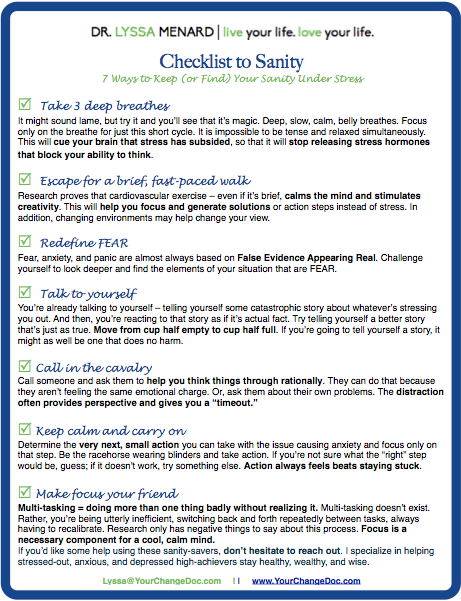I’ve been barraged with anxious questions about MERS, so I thought I’d get the word out…
 By now most everyone’s heard that MERS (Middle East Respiratory Syndrome) has crossed the Ocean and arrived in Indiana. (And if you haven’t heard this, please listen up!). I don’t want to frighten anyone (remember: FEAR = False Evidence Appearing Real).
By now most everyone’s heard that MERS (Middle East Respiratory Syndrome) has crossed the Ocean and arrived in Indiana. (And if you haven’t heard this, please listen up!). I don’t want to frighten anyone (remember: FEAR = False Evidence Appearing Real).
While knowing the basics about MERS is important, the likelihood that you’ll needlessly worry about contagion is substantially higher than the odds of actually catching the virus. So, let’s get the facts and move right along.
Why it Matters
MERS is a coronavirus. It is not SARS, which killed hundreds of people (mostly in China) in 2002-2003, but it is fatal in 30% of the cases.
Relevant Details
“Patient Zero,” the carrier, is a health care worker. He recently traveled to Saudi Arabia, and returned to his home in Indiana after making connections in London and Chicago. In other words, he had a lot of contact with others before symptoms emerged.
6 MERS (and Anxiety) Prevention Factoids
1. The risk of contracting MERS is very, very low.
With only one US carrier, the CDC is so unconcerned that they are not even recommending suspension of travel to the Middle East, except for those with compromised immune systems. They are contacting all of patient zero’s fellow travelers and treatment providers, so it “should” be fairly easy to contain.
Good news: it is not easily contracted.
More good news: the virus has a 5 to 14 day incubation period, which is just around the corner, and no additional cases have been reported.
2. Stay away from camels and bats.
Although the source of MERS is unknown, it is theorized that the virus originated in bats, and spread to camels. Infection spreads through consumption of Camel meat and milk. I don’t think there are any camels in Chicago, so local clients can breathe a sigh of relief. For the rest of you, don’t eat camels, for sure.
3. Follow standard operating procedures for disease prevention.
- Wash your hands often with soap and water for 20 seconds, and help young children do the same. If soap and water are not available, use an alcohol-based hand sanitizers.
- Cover your nose and mouth with a tissue when you cough or sneeze then throw the tissue in the trash.
- Avoid touching your eyes, nose, and mouth with unwashed hands.
- Avoid close contact, such as kissing, sharing cups, or sharing eating utensils, with sick people.
- Clean and disinfect frequently touched surfaces, such as toys and doorknobs.
4. MERS can’t be spread in passing.
It can be spread by close contact, but please note the CDC’s definition: a) any person who provided care for the patient, including a healthcare worker or family member, or had similarly close physical contact; or b) any person who stayed at the same place (e.g. lived with, visited) as the patient while the patient was ill. In other words, if you were going to get it, you’d already know that you’re at risk.
5. The symptoms are deceiving. Don’t panic if you get a cold or flu.
Most people who’ve contracted MERS developed fever, cough, and shortness of breath. Sounds a lot like a cold or flu, right? So no catastrophizing! You can’t contract MERS without close contact. So relax, we’re ok.
6. International travelers can take some action.
If you’ve traveled to the Middle East in the last 14 days and develop these symptoms, immediately call your doc for instructions. Why immediately? Well, you don’t want to spread the virus, of course. But I’m really recommending this for peace of mind. The likelihood seems tiny, based on the authority’s statements, but let’s avoid anxiety, by taking precautions.

'Juicy Nuggets to Increase Your Wellness Instead of Your Waistline'
Get weekly FREE wellness news straight to your inbox!
We promise to never sell, rent, trade, or share your e-mail with any other organization.






